RRCNA Membership Spotlight: Dannyelle Lowpensky
Learn about your colleagues from across the country who do whatever it takes as part of the Reading Recovery Community! Dannyelle received a professional development award to attend LitCon this year, thanks to generous donors from the Foundation for Struggling Readers.
Share a favorite Reading Recovery memory.
What is your favorite book?
As a reader, my favorite book is The Remarkably Bright Creatures. I loved this book because the author made you fall in love with the characters and made you feel invested in their lives.
Children’s Read Aloud: Jabari Jumps. This book has such a great message. It encourages children to have faith in their own abilities.
Reading Recovery: Friend For Jellyfish. My students love this book because it’s about friends. Children love to talk about their friends. This book leads to some great conversation and writing. It has a controlled vocabulary, and they feel successful. And they are always so proud of themselves for reading a book that has a lot of words!
What do you like to do for fun?
Well, of course, I love, love, love to read! I also have the travel bug. These last ten years, my family and I have been able to take some amazing trips. I was even able to go to Antarctica. I brought Bee (from Mary-Ruth books) and took photos of Bee meeting the penguins and wrote a little book about it for my RR students =)
What insights do you expect to gain from attending LitCon?
It is very powerful to be able to pause during a teaching cycle in order to reflect and adjust my own teaching practice. In previous years that I was able to attend the conference, it had been very impactful to collaborate with a wide variety of teachers. It is also very important to be a part of national conversations regarding different approaches to literacy. As both a Reading Recovery teacher and a small group intervention teacher, this conference will give me ideas to help accelerate my students. I am also responsible for providing PD for a team of seventeen intervention teachers. Therefore, I will be using what I have learned to improve practice across my team. This will have a positive impact on the students we serve (approx 300 students a year as a team).

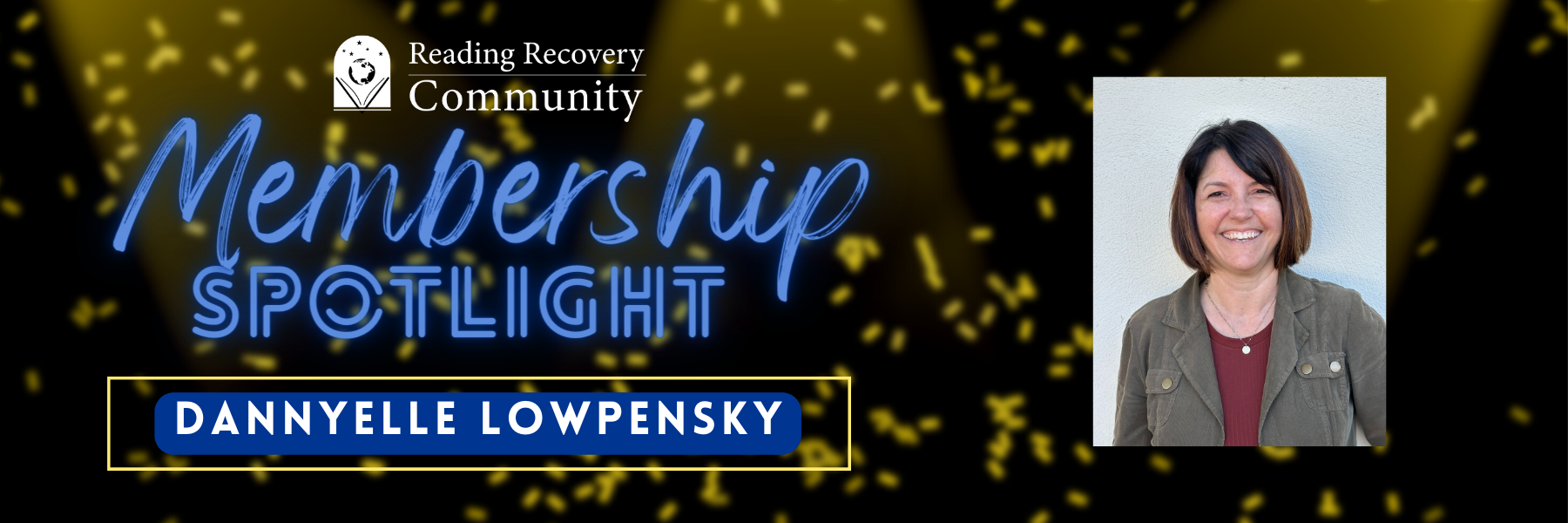
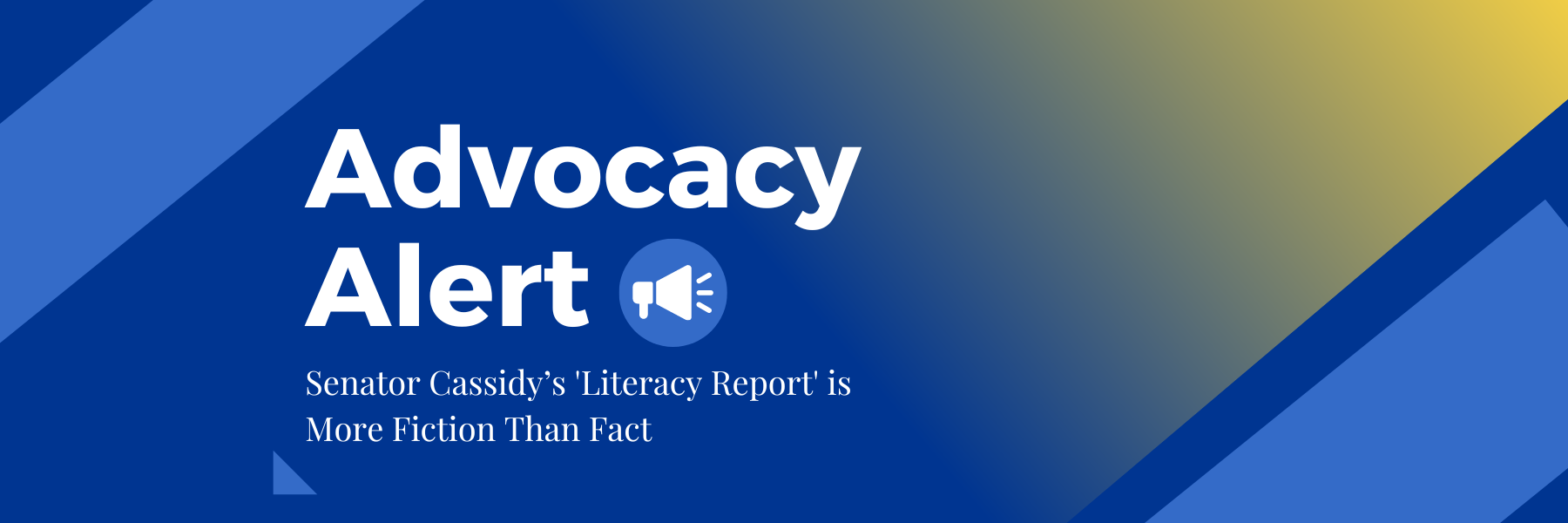

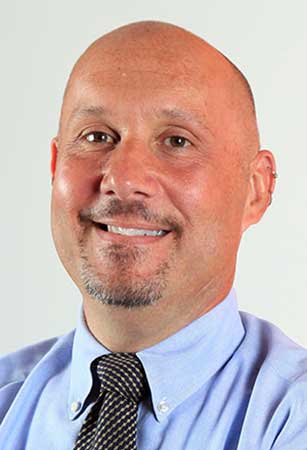
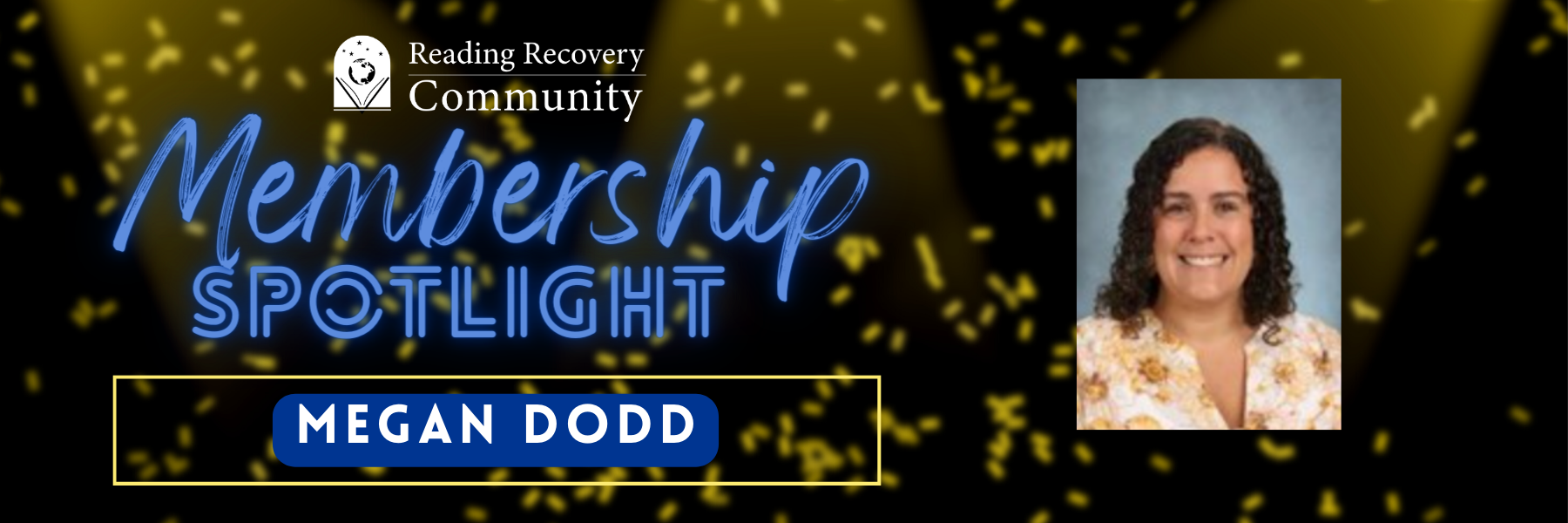
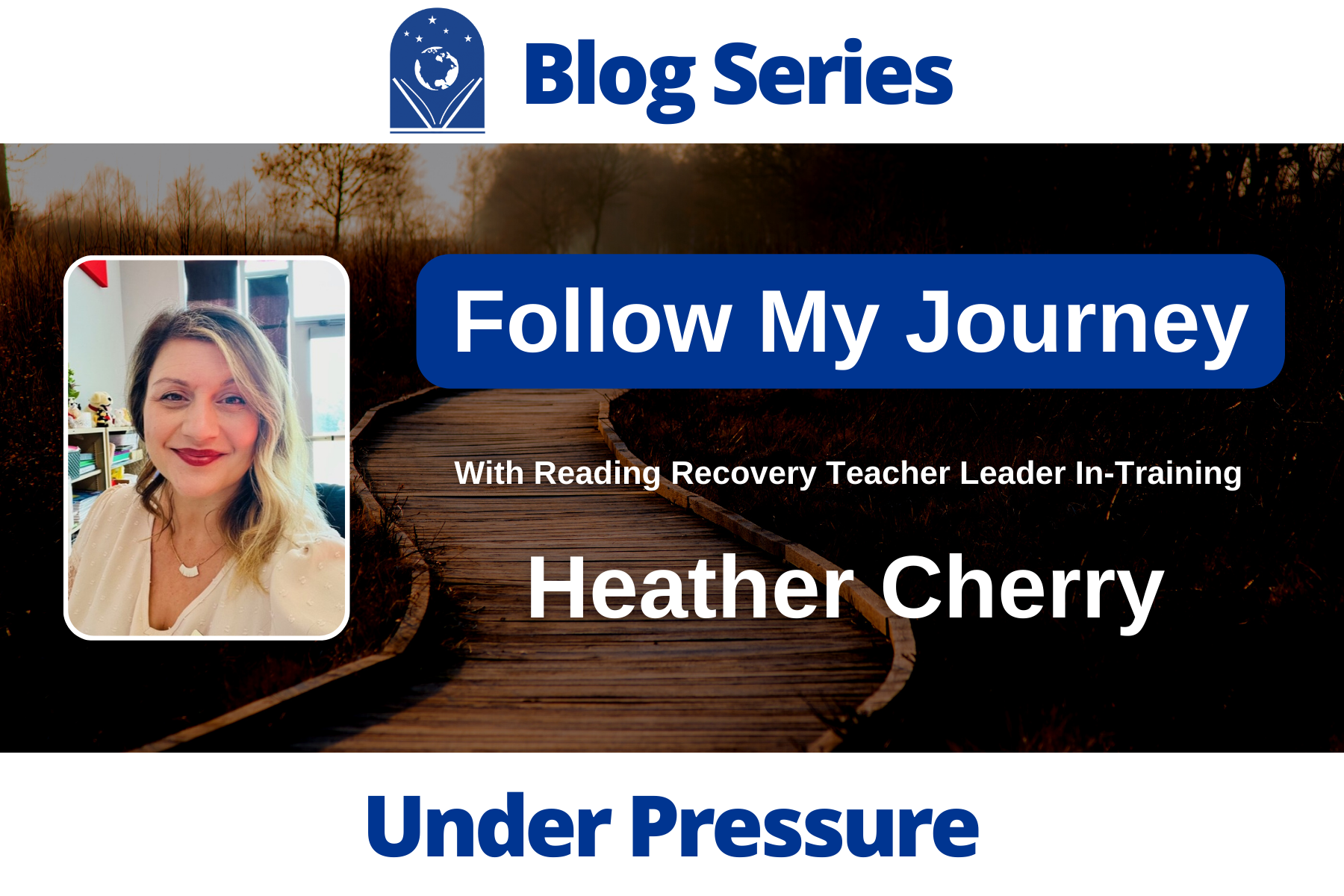
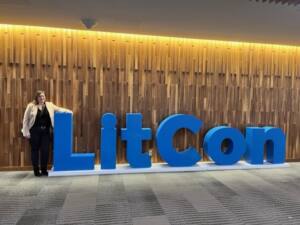 I had just returned home from LitCon, where I learned so much, spent time with excellent Reading Recovery teachers, and even met Peter Johnston (one of my absolute favorites). It was time to jump back into all there is to do at school and for training, along with several additional demands. My mind was reeling with all I needed to remember, plan for, and accomplish. Suddenly overcome with fear, I worried that I was not going to be able to do it all and I was going to let a lot of people down. I was feeling the pressure again, and a part of me was missing the warmth of that bench.
I had just returned home from LitCon, where I learned so much, spent time with excellent Reading Recovery teachers, and even met Peter Johnston (one of my absolute favorites). It was time to jump back into all there is to do at school and for training, along with several additional demands. My mind was reeling with all I needed to remember, plan for, and accomplish. Suddenly overcome with fear, I worried that I was not going to be able to do it all and I was going to let a lot of people down. I was feeling the pressure again, and a part of me was missing the warmth of that bench.
